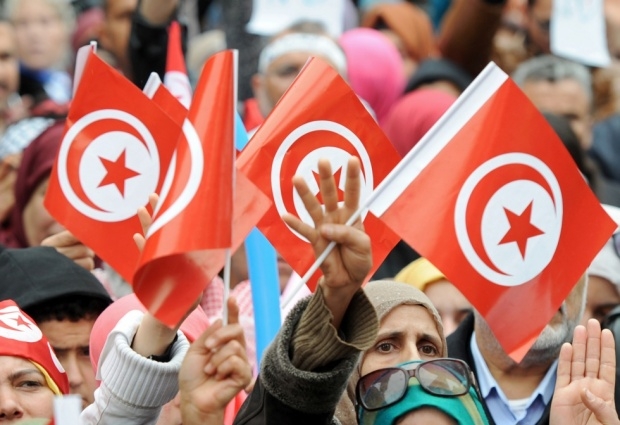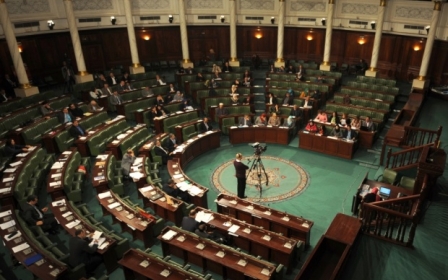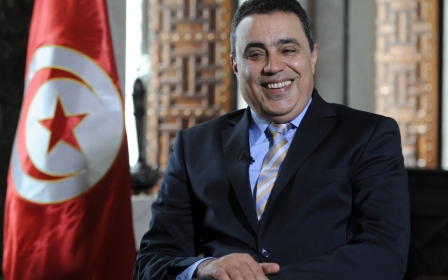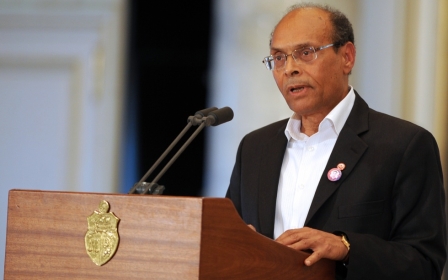Tunisia election dates proposed

Tunisia's electoral commission on Monday proposed holding long-planned parliamentary elections in October and a presidential poll in November after the political parties agreed a deal following months of negotiations.
"The draft timetable that we have presented (proposes) legislative elections on 26 October, the first round of the presidential election on 23 November, and the second round on 28 December," the commission's chairman, Chafik Sarsar, told journalists.
He was speaking after meeting National Assembly speaker Mustapha Ben Jaafar.
Sarsar hailed the breakthrough in negotiations between the political parties, which allowed for an agreement on Friday between the Islamist Ennahda party and its opponents on holding the parliamentary election first.
But he called for the election dates to be fixed "as quickly as possible".
The exact timetable of the two polls must be adopted by next Monday, when registration for the electoral lists is due to begin.
Friday's accord followed lengthy delays, with Ennahda, which dominates the National Assembly, calling for the legislative poll first, and its opponents mostly seeking the opposite.
The decision to hold elections this year was part of a roadmap agreed by Tunisia's political parties aimed at ending a lingering political crisis sparked by the killing of two opposition politicians in 2013.
The roadmap had already led to the Islamist-led government's resignation in January and the adoption of a new constitution, some three years after the uprising that toppled president Zine El Abidine Ben Ali and inspired revolts against autocratic regimes across the region.
The Ennahda Party - a moderate Islamist party - won the first elections after the fall of Ben Ali in 2011 and is a lead contender in the upcoming elections.
Nidaa Tounes, which is one of the leading secularist parties, may be open to the idea of forming a coalition government with Ennahda if no clear majority is attained in the upcoming elections, party chief and former prime minister Beji Caid el Sebsi told Reuters in an interview in March.
While the Ennahda party has yet to announce who it will put forward as a presidential candidate, there will be fierce competition over who runs. So far those expected to run include El Sebsi, current President Moncef Marzouki, Republican party chief Najib Chebbi and Tayar Al Mahaba party leader Hachmi Hamdi.
It is hoped that the elections will be a further step towards democracy and stabalisation in Tunisia.
New MEE newsletter: Jerusalem Dispatch
Sign up to get the latest insights and analysis on Israel-Palestine, alongside Turkey Unpacked and other MEE newsletters
Middle East Eye delivers independent and unrivalled coverage and analysis of the Middle East, North Africa and beyond. To learn more about republishing this content and the associated fees, please fill out this form. More about MEE can be found here.




